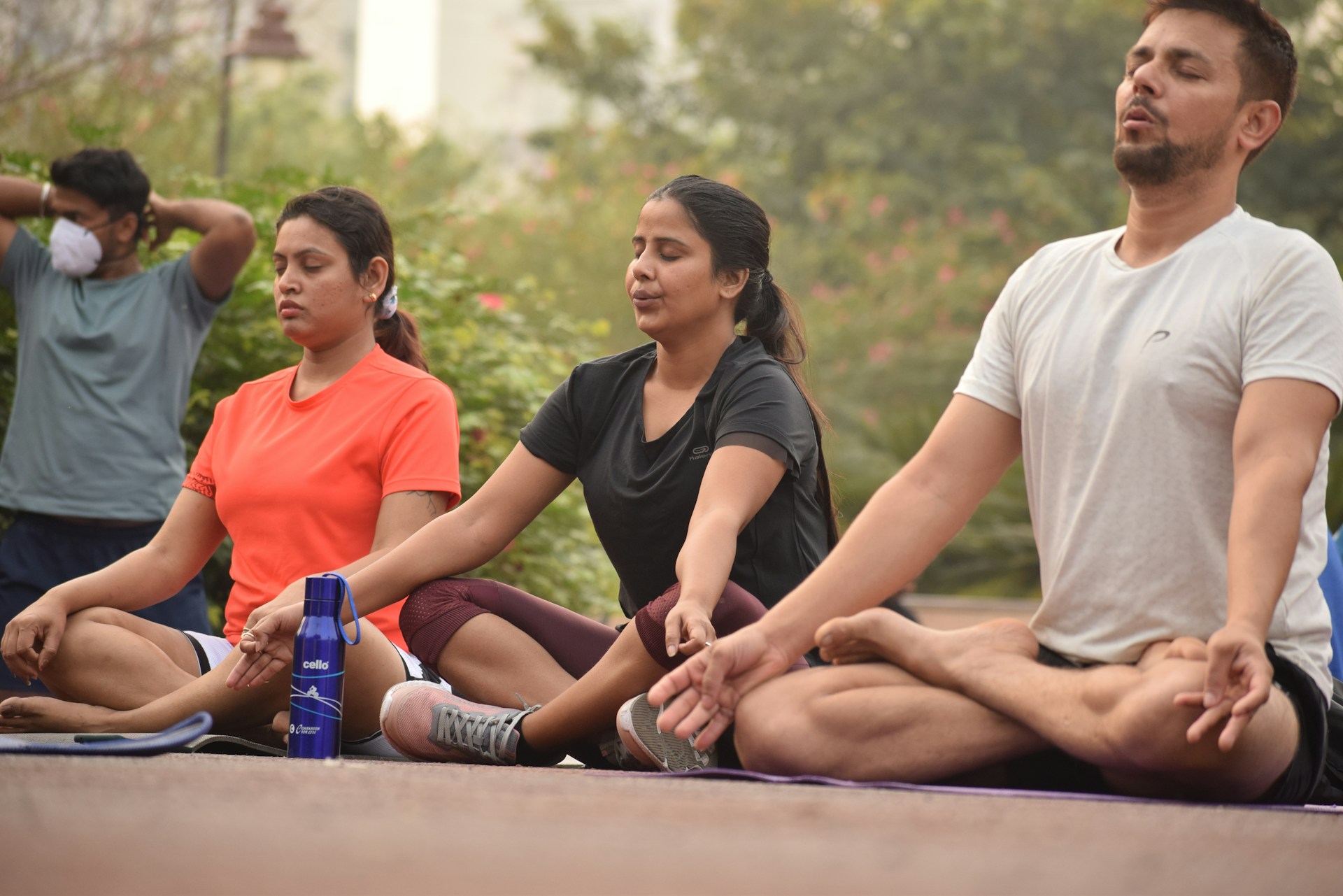Meditation is a powerful tool for cultivating inner calm, reducing stress, and enhancing mental and emotional well-being. However, establishing and maintaining a daily meditation practice can seem challenging for many, especially for beginners. In this article, we’ll explore practical tips to help you establish and maintain a daily meditation practice that fits into your life and helps you experience the transformative benefits of meditation.
Table of Contents
Understanding meditation
The first step in establishing a daily meditation practice is understanding what meditation is and how it can benefit you. Meditation involves training the mind to be present and aware of the present moment, which can help you develop mental clarity, reduce stress, and improve your emotional well-being. There are different types of meditation, such as mindfulness meditation, guided meditation, and transcendental meditation. Take the time to explore these different techniques and choose the one that resonates with you the most.
For example, mindfulness meditation focuses on awareness of the present moment, observing thoughts, sensations, and emotions without judgment. Guided meditation, on the other hand, uses an instructor’s voice to guide you through the practice, which can be helpful for beginners seeking guidance. And transcendental meditation involves repeating a specific mantra or sound to calm the mind and achieve a state of tranquil consciousness.
Establishing a meditation routine
Find a time and place in your day that are conducive to meditation. It could be in the morning upon waking, during your lunch break, or before going to bed. Choose a quiet place where you can sit comfortably and be free from distractions. Start with short meditation sessions, five to ten minutes at first, and gradually increase the duration as you become more comfortable.
By establishing a meditation routine, you’re creating a dedicated space to nurture your mental and emotional well-being. You can incorporate meditation into your morning routine as a way to start the day with calm and mental clarity, or practice it at night to relax and unwind from the day’s stress. The key is to find a time that works for you and commit to making it part of your daily life.
Overcoming common obstacles
It’s normal to face obstacles when trying to maintain a daily meditation practice. Lack of time, distraction, and mental resistance are some of the most common challenges. To overcome these obstacles, it’s important to set realistic expectations and be flexible with your practice. Find moments in your day where you can dedicate time to meditation, even if it’s just a few minutes.
If you find it challenging to maintain focus during meditation, try different techniques to calm your mind, such as deep breathing, visualization, or listening to relaxing music. You can also experiment with different times of the day to meditate and see what works best for you. The important thing is not to be discouraged by setbacks and to remain committed to your practice.
Integrating meditation into daily life
Find ways to integrate meditation into different aspects of your daily life. You can practice walking or exercise meditation while walking or exercising, or incorporate moments of meditation during daily activities such as washing dishes or taking a shower. Experiment with different techniques and find what works best for you.
Meditation doesn’t have to be limited to a specific time or place. You can practice meditation anytime, anywhere, seizing moments of calm in your day to connect with yourself and cultivate inner calm. Find creative ways to integrate meditation into your daily life and make it a natural part of your routine.
Cultivating patience and perseverance
Meditation is a practice that requires patience and perseverance. Don’t expect instant results and be kind to yourself during the process. Allow yourself to experiment with different techniques and meditation times, and remember that each meditation session is an opportunity to grow and learn.
Don’t be discouraged if you don’t see immediate results in your meditation practice. The benefits may be subtle at first, but with time and consistent practice, you’ll experience greater inner calm, mental clarity, and emotional well-being. Maintain an attitude of openness and curiosity toward your meditation practice and trust that each moment you spend meditating brings you closer to your wellness goals.
Conclusion
Meditation is a personal journey that can enrich your life in many ways. By establishing and maintaining a daily meditation practice, you’re dedicating time to care for your mental and emotional well-being. Remember that the key to a successful meditation practice is consistency and patience. As you commit to your practice, you’ll experience greater inner calm, mental clarity, and an increased sense of well-being in your daily life.
Cultivating a daily meditation practice can be a rewarding and transformative process. With patience, perseverance, and dedication, you can develop a deeper connection with yourself and experience greater harmony and balance in your life. Don’t hesitate to embark on this journey of self-exploration and personal growth through meditation!




